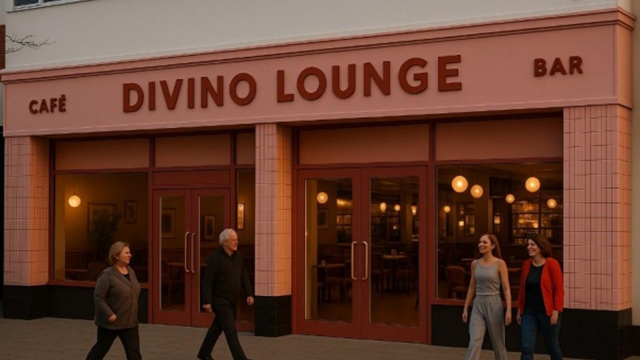Supply – Exemption – Council Directive 77/388/EEC – Vendor supplying land with partly demolished building on which new building to be constructed – Whether supply qualifying for VAT exemption – preliminary ruling made
The appellant bought a plot of land in Amsterdam. The site included two dilapidated buildings that the appellant planned to demolish so as to construct new buildings on the land. It was agreed that the vendor would apply for a demolition licence and hire and pay a contractor to demolish the buildings. Under the agreement, between the vendor and appellant, the latter would bear that cost by increasing the selling price; however, the vendor was responsible for the removal of asbestos.
The vendor obtained a demolition licence, subject to a condition that the work would not begin until any asbestos had been removed. The property was transferred to the appellant on the day that demolition works were begun. Work to remove the asbestos did not begin until after the property had been transferred and demolition continued only after that work was completed. The appellant subsequently constructed offices on the land.
After acquiring the property, the appellant was issued with an assessment of outstanding transfer duty. Itt appealed, contending that, in the circumstances, the supply of the property was subject to VAT and was therefore exempt from transfer duty under national law. The Amsterdam Court of Appeal dismissed the action as unfounded, on the ground that the supply of the property was exempt from turnover tax.
The appellant appealed, claiming that Council Directive 77/388/EEC (the Sixth Directive), particular articles 13B(h) and 4(3)(b), had to be interpreted as making the supply of the property liable to VAT. The national court was uncertain whether: (i) the supply of a partly demolished building, with a view to the construction of a new building, constituted the supply of that dilapidated building for the purposes of the Sixth Directive, first occupation of which had occurred in the past; or (ii) any supply during the demolition or during the construction phase of the new building was a supply of the building before its first occupation. The court referred to the European Court of Justice for a preliminary ruling.
Held: The court made a preliminary ruling.
The exemption from VAT provided by article 13B(g) required the supply to be of a building or parts thereof and the land on which it stood. It followed from article 2 that every supply or transaction should normally be regarded as distinct and independent. In certain circumstances, however, several formally distinct transactions, which could be supplied separately and thus give rise in turn to taxation or exemption, had to be viewed as a single transaction when they were not independent. That was particularly true where two or more elements or acts supplied by the taxable person to the customer were so closely linked that they formed, objectively, a single, indivisible economic supply that would be artificial to separate. Where a transaction comprised a bundle of features and acts, regard had to be had to all the circumstances in which the transaction in question took place in order to determine whether it comprised two or more distinct transactions or one single transaction. Account had to be taken of additional supplies made by the vendor of the immovable property, in order to determine whether the transaction was exempt from VAT.
For VAT purposes, the actions undertaken by the vendor were closely linked. The demolition work and the supply of the land overlapped. The economic purpose of those actions was to supply land that was ready to be used to construct new buildings. It was not possible, without undue contrivance, to say that the taxpayer acquired from the same person an old building and the ground on which it stood, which was of no economic use to him, and only subsequently the supplies in connection with the demolition of the buildings, which alone could render the land economically useful.
Consequently, the supply of land containing a dilapidated building, which had to be demolished so that a new building could be constructed in its place and the demolition of which had begun before that supply took place, together with the demolition of that building formed a single transaction for VAT purposes. Such a transaction, viewed as a whole, did not fall within the exemption from VAT provided for by article 13B(g), regardless of how far demolition of the old building had progressed when the land was “supplied”. It was for the referring court to examine whether the land in question fell within the definition of “building land” under articles 4(3)(b) and 13B(h).
Don Bosco Onroerend Goed BV, by W Ambergen (belastingadviseur) appeared for the appellant; C Wissels, M Noort and M de Grave (acting as agents) appeared for the Netherlands government; D O’Hagan (acting as agent) and G Clohessy SC appeared for the Irish government; D Triantafyllou, M van Beek and W Wils (acting as agents) appeared for the European Commission.
Eileen O’Grady, barrister









